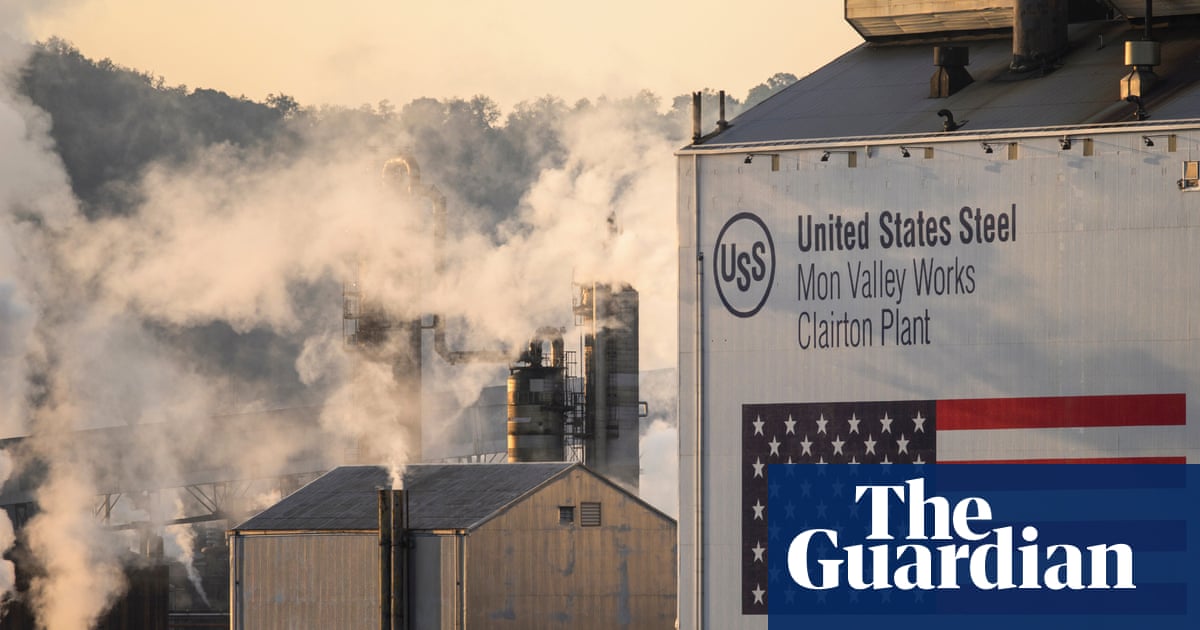The article covers a notable shift in Donald Trump's stance regarding the potential partnership between US Steel and Nippon Steel. Initially opposing Nippon's bid for US Steel, Trump has now expressed support for a collaborative arrangement that he claims will create jobs and boost the US economy. This development raises questions about the motivations behind his change in position and the broader implications for the steel industry and US economic policy.
Motivation Behind the Announcement
The timing of Trump's announcement suggests a strategic effort to bolster his political capital and reinforce his commitment to American jobs. By highlighting the creation of 70,000 jobs and a significant investment in the US economy, Trump aims to appeal to his base, which prioritizes domestic industry and job preservation. This news serves to position him as a protector of American workers, contrasting with the previous administration's cautious approach to foreign investment.
Public Perception and Messaging
The article seeks to foster a perception of optimism and economic growth tied to Trump's leadership. By promoting the idea of a partnership that promises job creation and economic investment, the narrative is crafted to resonate positively with the public, countering any negative views regarding foreign ownership of domestic companies. This aligns with Trump's broader messaging strategy, which often emphasizes nationalism and economic independence.
Potential Omissions and Concerns
While the article presents a positive outlook, it glosses over the concerns raised by the United Steelworkers union regarding Nippon's intentions. Their skepticism about Nippon's commitments to investing in the US indicates a deeper apprehension about foreign influence in critical industries. This aspect is crucial, as it presents a counter-narrative to Trump's claims and highlights the complexities involved in such partnerships.
Comparison with Other News
When compared to other recent news regarding foreign investment in the US, this article highlights a trend of increasing scrutiny and mixed reactions. The Biden administration's blocking of Nippon's bid due to national security concerns underscores the shifting landscape of foreign investment, particularly in industries deemed vital to national interests. This article positions Trump's new stance as a divergence from the previous administration's protective measures.
Impact on Markets and Industries
The announcement has already led to a significant increase in US Steel's stock price, indicating investor optimism. This could signal a bullish trend in the steel sector, particularly if the anticipated partnership materializes as Trump suggests. Investors and analysts will closely monitor developments to gauge the actual impact on the stock market and the broader economy.
Community Support and Target Audience
The news is likely to resonate more with communities and constituencies that prioritize job creation and economic growth. By emphasizing domestic investment and job security, Trump targets working-class voters and those concerned about foreign competition. This aligns with his historical campaign strategies, which focus on appealing to blue-collar workers.
Geopolitical Considerations
Although the article primarily focuses on domestic economic implications, there are broader geopolitical considerations at play. The partnership could signal a warming of relations between the US and Japan in the industrial sector, potentially impacting trade dynamics and international relations.
Use of AI in Reporting
While the article does not explicitly mention the use of AI, it could have been influenced by AI models that focus on optimizing headlines and narratives to engage readers. The framing of Trump’s statements and the emphasis on job creation may reflect techniques used in automated news generation, which aims to highlight positive outcomes and attract engagement.
The overall credibility of the article is contingent upon the accuracy of the claims made regarding job creation and investment. However, the lack of detailed responses from US Steel and Nippon Steel raises questions about the validity of the optimistic projections presented.
In summary, the article presents a strategic narrative aimed at reinforcing Trump's image as a champion of American workers while overshadowing dissenting opinions and concerns about foreign investment. The implications for the steel industry and the economy could be significant, affecting both local communities and broader market dynamics.
